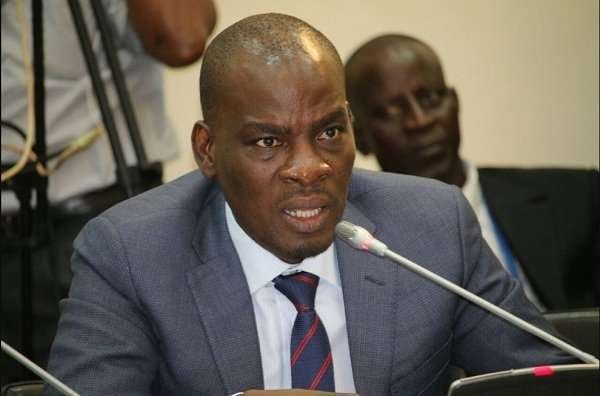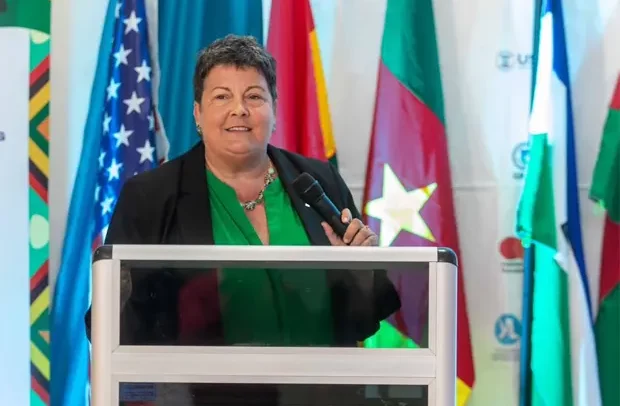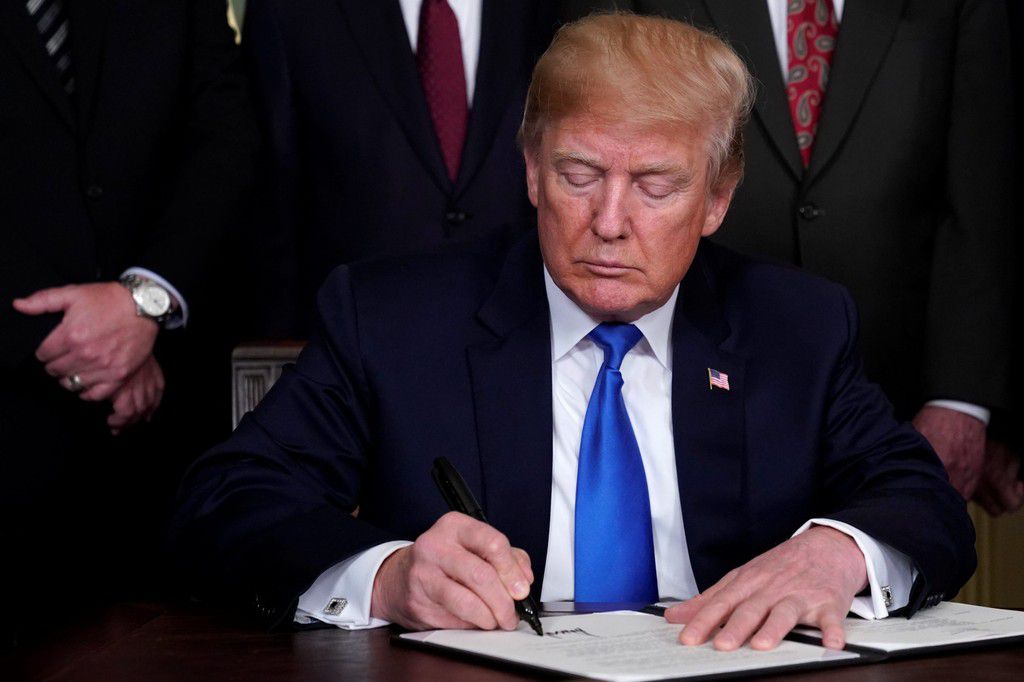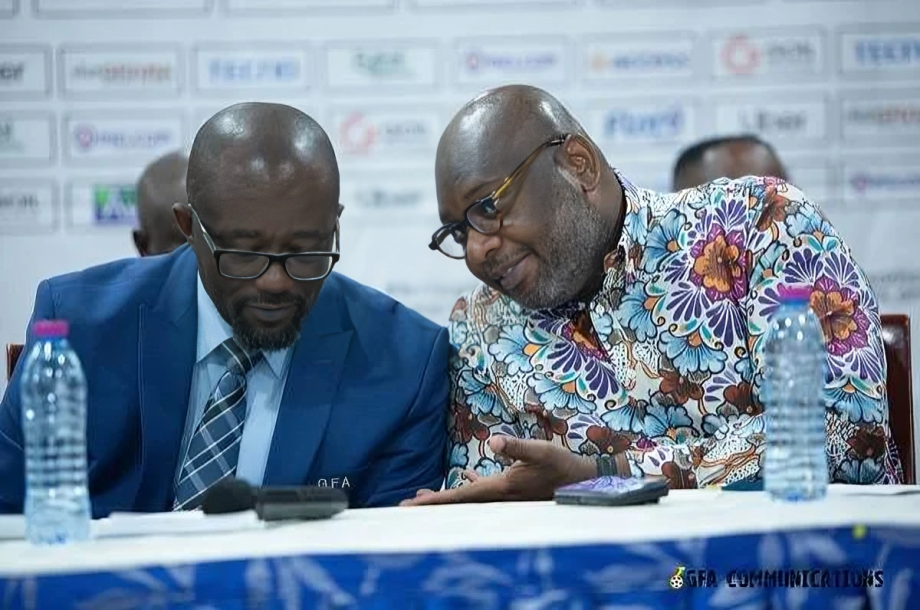
The Education Minister Designate, Haruna Iddisu, has pledged a commitment to preserving Ghanaian cultural values through education.
He made this known during his vetting at the Parliamentary Appointments Committee on Monday, January 20, 2025 where he outlined his policy priorities and responded to questions on various educational issues, including Free education, school feeding, employment for teachers and the contentious LGBTQ debate.
“We will preserve our values. We are a country and we define our values, both social and cultural. We should expect all other persons to respect those values,” Haruna Iddisu stated.
He aligned with President John Mahama’s position that the existing curriculum does not adequately teach Ghanaian values to children.
“The curriculum and teaching materials in our schools do not sufficiently inculcate our value systems in our children,” he said.
Free Tertiary Education
Addressing questions about the NDC’s manifesto promise of free tertiary education, Education Minister-Designate clarified that the policy focuses on covering admission fees for first-year students in public tertiary institutions.
This, he said that the research budget of the government, will include some provision of some 345 million Ghana cedis to cater for admission fees for students undertaking courses in the normal and not professional courses like Medicine.
“This model is experimental. President Mahama sees it as an opportunity to test the viability of free tertiary education, starting with admission fees for first-year students undertaking regular courses,” Mr. Iddrisu explained.
In addition, Mr Iddrisu assured that students who have already paid their admission fees would be refunded. He emphasised that the program offers flexibility, as parents who can afford to pay are still encouraged to do so.
“The beauty of this is that it’s open. Even parents who are still willing to pay can do so under this principle that has been introduced by the NDC,” he said.
School Feeding
On school feeding under the Free Senior High School (SHS) program, Mr. Haruna Iddisu proposed a significant policy shift to empower head teachers to manage procurement processes.
He explained that under the current centralised model, delays in fund disbursement from the Ministry of Finance have caused disruptions in school feeding programs, risking food shortages and affecting the school calendar.
To address these challenges, Haruna Iddrisu suggested transferring funds directly to schools, enabling headmasters to procure food items locally.
“Certainly, the GES and headmasters will have a role. We will work with those institutions but define a role for headmasters in a phased-out process,” he said. However, he acknowledged that this change must be carefully managed to ensure efficiency and avoid further disruptions.
Licensure Exam for Teachers
Haruna Iddrisu addressed concerns about the licensure examination policy introduced by the previous government, indicating plans for a systematic review to integrate the exam into the curricula of teacher training institutions.
“We will incorporate the licensure examination as part of the program that students will undertake in Colleges of Education and the Faculty of Education of universities,” he explained.
This, according to him, will streamline the licensing process and eliminate the need for a separate examination after graduation.
Unemployment among Graduates
Mr. Iddrisu highlighted the plight of unemployed graduates, particularly in his constituency, where many Bachelor of Education (B.Ed.) holders remain jobless.
“Employment in the Ghana Education Service (GES) is a function of available funds, vacancies, and willingness of graduates to accept postings to certain areas,” he stated. He emphasised that resolving this issue depends on the availability of funds, identification of vacancies, and the Ministry of Finance’s clearance to recruit more teachers. “As and when we get the clearance, we will honor those numbers,” he assured.
The Future of STEM Education
The Education Minister Designate also outlined his vision for advancing Science, Technology, Engineering, and Mathematics (STEM) education in Ghana.
He emphasized the critical role STEM plays in national development and the preparation of students for the future workforce.
“The significant thing for the NDC and President Mahama, as far as education is concerned, is for it to contribute meaningfully to our national sustainable development efforts,” he stated.
He highlighted the importance of focusing on access, quality, and relevance at the tertiary level, while strengthening foundational learning at the secondary level to produce critical thinkers for the future.
He revealed plans to establish a model STEM school in every region of Ghana, spanning from kindergarten to senior high school.
“These schools will be designed to train the next generation of professionals in science, information and communication technology, and engineering. We will ensure that the curricula align with the aspirations of the country and contribute meaningfully to our national development,” he said.
Mr. Iddisu further emphasized the importance of connecting tertiary institutions with industry to ensure that STEM graduates acquire skills relevant to the job market. Reaffirming the NDC’s commitment to STEM, Mr. Iddisu praised the progress already made in this area, but stressed the need for a more robust approach.
“We appreciate that going into the future, Ghana must train more people in STEM disciplines to remain competitive and sustainable in a rapidly changing global economy,” he concluded.
Rural-Urban Educational Disparities
Haruna Iddrisu identified significant disparities in education quality between urban and rural areas, as well as between the northern and southern regions of Ghana. To address these inequalities, he proposed reallocating funds to build teacher accommodations in rural areas and improving conditions of service to attract teachers to underserved communities.
He proposed dedicating at least 5-6% of GDP to education over a decade to expand access and improve infrastructure.
Technical and Vocational Education and Training (TVET)
He highlighted that TVET was essential for equipping young people with the practical skills needed to meet the demands of a dynamic and evolving economy.
“We have to be careful that we are not producing unemployed graduates from free senior high school who would become a threat to society because they are unemployable. This is why we must improve employability through technical and vocational training,” he stated.
He also acknowledged the past challenges in adequately funding TVET initiatives, citing capped resources under the Ghana Education Trust Fund (GetFund) as a major constraint.
“I am aware that some of your [previous] initiatives were implemented at only 30%, 20%, or 40% because of funding limitations due to the capping of GetFund,” he explained.
To address these challenges, he pledged that under President Mahama’s administration, all stalled or incomplete TVET projects would be completed, and the necessary resources would be allocated to ensure their expansion.
“President Mahama and the NDC are committed to completing all those TVET institutions, respecting the directive principles of state policy, which obligate the government to continue every good initiative of the previous administration,” Mr. Iddisu emphasized.
Furthermore, he stressed the need for TVET programs to align with industry needs to ensure relevance and effectiveness. He reiterated the NDC’s vision of integrating vocational training into the broader education system to produce skilled graduates who can contribute meaningfully to Ghana’s economy.
“Expanding access to TVET is not just a policy objective; it is a critical strategy for addressing unemployment and ensuring that our young people are prepared for the future of work,” he concluded.
The post LGBTQ Debate: We Will Preserve Our Value System – Haruna Iddrisu appeared first on The Ghanaian Chronicle.
Read Full Story














Facebook
Twitter
Pinterest
Instagram
Google+
YouTube
LinkedIn
RSS